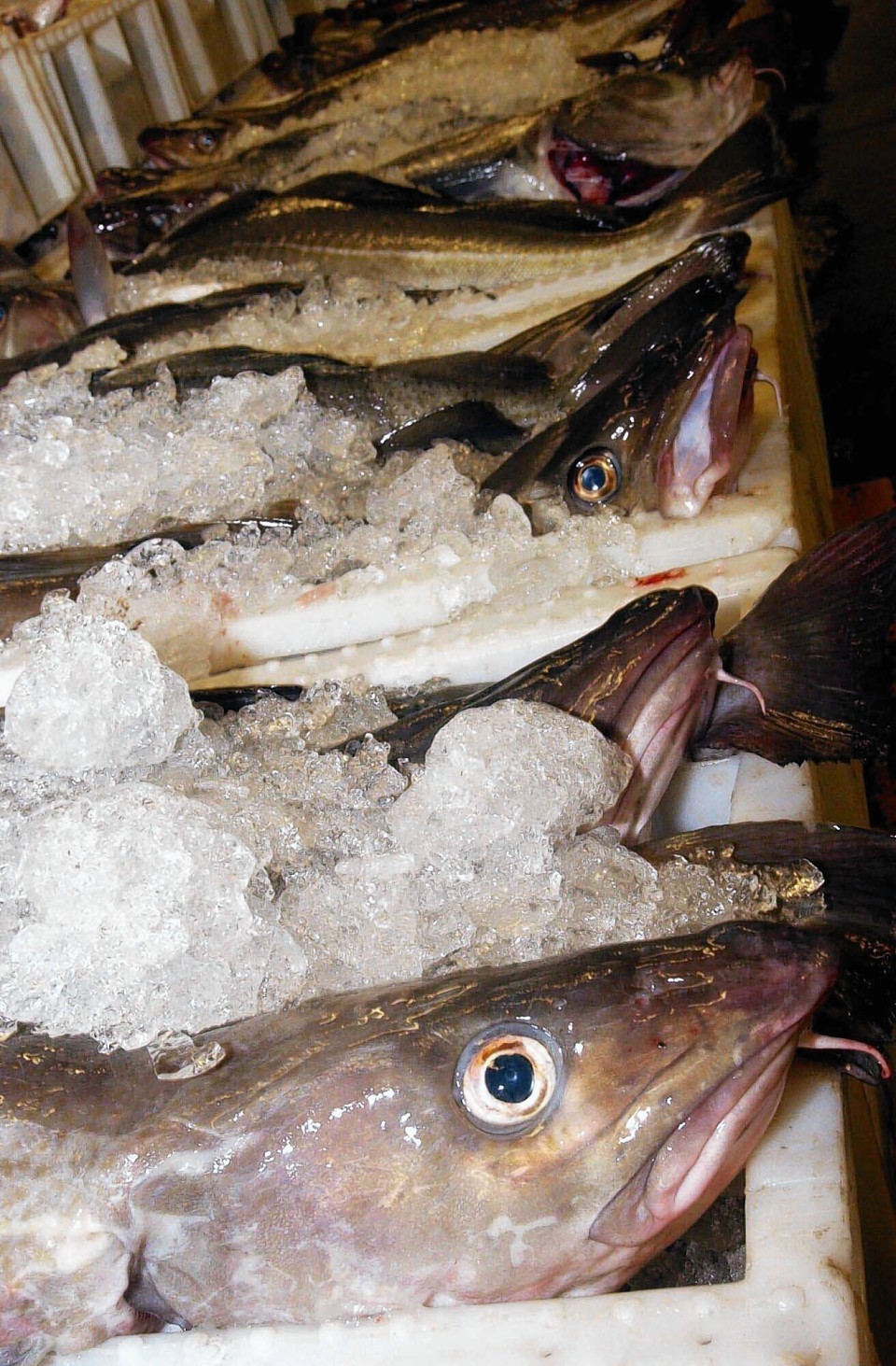Scotland’s fishing fleet can only benefit from the success of tough new policies to combat fish fraud across Europe, industry chiefs said yesterday.
Study findings show efforts to crack down on mislabelling – conning consumers into thinking they are buying one type of fish when they are in fact paying for a cheaper substitute – are working.
The largest multi-species survey of fish labelling accuracy to date indicates a marked and sudden reduction of seafood mislabelling in supermarkets, markets and fishmongers in the EU.
Scientists in six European countries tracked samples of the mostly commonly consumed fish, including cod, tuna, hake and plaice, after a series of studies going back five years had shown mislabelling in up to 40% of cases.
It is thought that more transparent seafood supply chains can lead to more sustainable exploitation and healthier oceans.
The study was part of the Labelfish project, supported by the EU Atlantic Area Programme and the UK Department for Environment, Food and Rural Affairs.
Scottish Fishermen’s Federation chief executive Bertie Armstrong said: “We are delighted that these tough new policies are working.
“Consumers expect to get what they ask and pay for, and the inexcusable practice of substituting of some types of fish for others down the supply chain is something all fishermen are extremely concerned about.
“Labelling is also important in highlighting the provenance of fish, which is particularly important for Scotland where we have a brand name that is globally recognised for its quality.”
Study report co-author Andrew Griffiths of Exeter University said: “I am very pleased with these results as they show that consumers can have more confidence in the accuracy of seafood labelling.
“They are also surprising as previous investigations detected much higher levels of mislabelling.
“It highlights just how seriously this problem is being addressed within the EU.”
The international collaboration carried out genetic testing of seafood sold in supermarkets, traditional markets and fishmongers in 19 European cities between 2013 and 2014, including Glasgow, Manchester, Plymouth, Cardiff, Dublin, Madrid, Marseille, Lisbon and Hamburg.
Species verification was carried out on fresh, frozen and tinned products labelled as cod, tuna, haddock, plaice, sole, swordfish, anchovy, hake and monkfish.
Of the 1,563 DNA sequence samples examined, just 77 (4.9%) proved to be mislabelled.
Most commonly mislabelled was anchovy (15.5%), hake (11.1%) and tuna (6.8%). By contrast only 3.5% of cod and 3% of haddock was mislabelled.
None of the monkfish, plaice or swordfish samples was substituted with other species.
The study found little or no difference in tinned, fresh or frozen products and no significant country-associated trends.
According to the samples taken, Spain had the highest rate of incorrect labelling (8.9%), followed by Portugal (6.7%), Germany (6.2%), Ireland (3.9%), the UK (3.3%) and France (2.7%).
